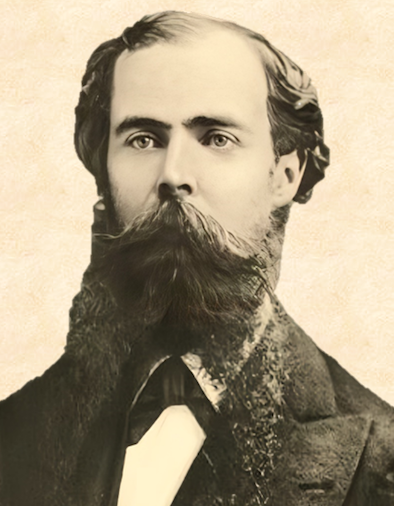In Nausicaa Bloom finds that his pocket watch, which
he consulted in Lestrygonians, has stopped––and has
stopped just about when Blazes Boylan showed up at his house
during the Sirens hour. He winds the watch, cannot get
it to work, and reflects on the strange coincidence. These
events return in Oxen of the Sun when someone in the
pub sees Bloom "Winding of his ticker" and recalls the refrain
of an American song on the subject: "Stopped short never to go
again when the old."
When Cissy Caffrey
comes across the beach to ask Bloom "what was the right time,"
he is seen "taking out his watch, listening to it and looking up
and clearing his throat and he said he was very sorry his watch
was stopped but he thought it must be after eight because the
sun was set." A little later Gerty "could see the gentleman
winding his watch and listening to the works and she swung her
leg more in and out in time. It was getting darker but he could
see and he was looking all the time that he was winding the
watch or whatever he was doing to it and then he put it back and
put his hands back into his pockets." When the narrative enters
Bloom's consciousness later in the chapter he thinks, "
Funny
my watch stopped at half past four." It is odd because the
timing coincides with Boylan's arrival at 7 Eccles Street: "
Very
strange about my watch. Wristwatches are always going wrong. Wonder
is there any magnetic influence between the person because
that was about the time he."
This is the kind of cheap coincidence that would get
beginning writers hooted out of workshops, but Joyce, lover of
little coincidences, chose to put it in his fiction. One
reason may have been his knowledge of the song by American
songwriter Henry Clay Work (1832-84), which tells of a
grandfather clock that was bought on the day the singer's
grandfather was born and "stopped short never to go again
when the old man died." Instead of magnetism, the song
accounts for the connection anthropomorphically by describing
the devotion that bound man and clock to one another. The
clock was a faithful servant: "it wasted no time and had but
one desire / At the close of each week to be wound. / And it
kept in its place, not a frown upon its face, / And its hands
never hung by its side."
Joyce does not attribute any sentiments to Bloom's watch, but
he does endow inanimate objects with life in Aeolus
and Circe, so the allusion to the song may suggest
some uncanny sympathy between man and machine. On the other
hand, the song may simply be calling attention to the comical
nature of Bloom's obsession with his pocket watch. In Lestrygonians
he consults it in Davy Byrne's before deciding what to drink:
"What will I take now? He drew his watch. Let me see now.
Shandygaff?" Nosey Flynn is watching, and later points out the
peculiar behavior to the proprietor: "Didn't you see him
look at his watch? Ah, you weren't there. If you ask him to
have a drink first thing he does he outs with the watch to
see what he ought to imbibe. Declare to God he does."
